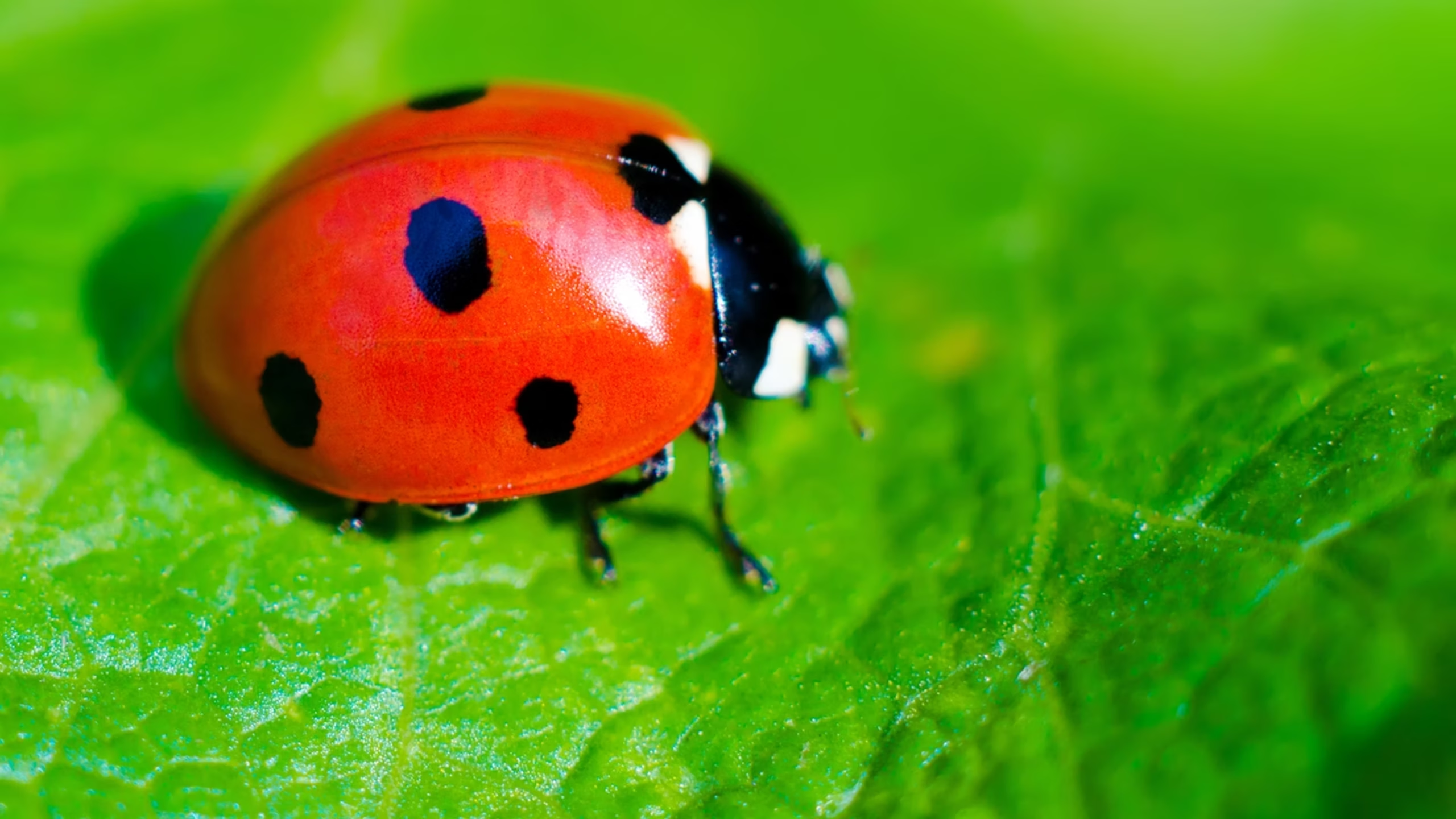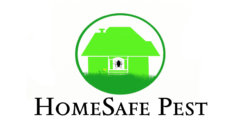Pest Library
Identify Household Pests
At HomeSafe Pest, we know how frustrating and overwhelming a pest problem can be. That’s why our team brings unmatched expertise and in-depth knowledge to every job. Whether it’s ants in the kitchen, rodents in the office, or termites threatening your property, we’ve seen it all—and we know exactly how to handle it.
No matter the pest, we’re here to provide effective, reliable solutions so you can get back to living and working pest-free. Let us take the guesswork out of pest control and give you the peace of mind you deserve.
Common Pests in Maryland
Crawling Pests

Ants
Highly organized and capable of forming extensive colonies, ants can invade homes in search of food and water, often targeting kitchens and pantries

Cockroaches
Known for their resilience, cockroaches thrive in warm, moist environments and can spread bacteria, allergens, and unpleasant odors

Spiders
Predators that help control other pests but can become unwelcome indoors. Some species may bite if threatened

Crickets
Typically outdoor pests, crickets can become a nuisance indoors with their chirping and can damage fabrics and paper products if left unchecked

Centipedes
Fast-moving predators with multiple legs; they feed on insects but can be alarming indoors

Millipedes
Slow-moving decomposers; they thrive in damp environments and may invade homes seeking moisture

Silverfish
Nocturnal insects that feed on starchy materials, damaging books, wallpaper, and clothing
Beetles
Beetles vary in their habits, with some infesting food products and others, like carpet beetles, damaging natural fibers and upholstery. Common beetles include:

Carpet Beetles
Feed on natural fibers, damaging carpets, clothing, and upholstery

Stored Product Beetles
Infest stored food products like grains, spices, and pet food

Ground Beetles
Often nuisance pests when they enter homes seeking shelter

Wood-Destroying Beetles
Bore into wood, causing structural damage to furniture, flooring, and framing

Asian Lady Beetles
Often mistaken for native ladybugs; they gather in large numbers and can become an overwintering nuisance
Overwintering Pests

Cluster Flies
Overwintering pests that gather in large numbers inside homes during cooler months

Lady Beetles
Beneficial outdoors but can become a nuisance indoors when they seek shelter for the winter

Boxelder Bugs
Harmless but a nuisance when they gather in large groups indoors during the fall

Stinkbugs
Release a foul odor when crushed; they invade homes to overwinter
Moisture-Related Pests

Pill and Sow Bugs
Moisture-loving pests that feed on decaying organic matter; they occasionally enter homes.

Clover Mites
Clover mites are tiny, reddish-brown pests that often invade homes in large numbers, especially during cooler months. While they don’t bite or damage property, they can stain surfaces when crushed, making them a nuisance for homeowners.
Flying Pests

Various Flies
Disease carriers that contaminate food and surfaces. House flies and fruit flies are common indoor nuisances

Wasps and Hornets
Aggressive stinging insects that build nests near homes or businesses, posing safety risks

Bees
Essential pollinators but can become problematic when nesting in unwanted areas
Wood-Destroying Pests

Termites
Silent wood-destroyers that cause structural damage by feeding on cellulose materials like wood and paper

Carpenter Ants

Carpenter Bees
Blood-Feeding Pests

Ticks
Blood-feeding arachnids that attach to humans and animals, spreading diseases such as Lyme disease

Mosquitoes
Blood-feeding insects that spread diseases like West Nile virus and Zika. Mosquitoes thrive in standing water and warm environments

Bed Bugs
Rodents

Mice and Rats
Destructive rodents that gnaw on materials, contaminate food, and spread diseases like hantavirus and salmonella
Need Help Identifying a Pest Problem?
Our Pest Library is here to guide you, but you don’t have to face it alone. Contact us today, and let our experts provide the personalized solutions you need to take back your space!
